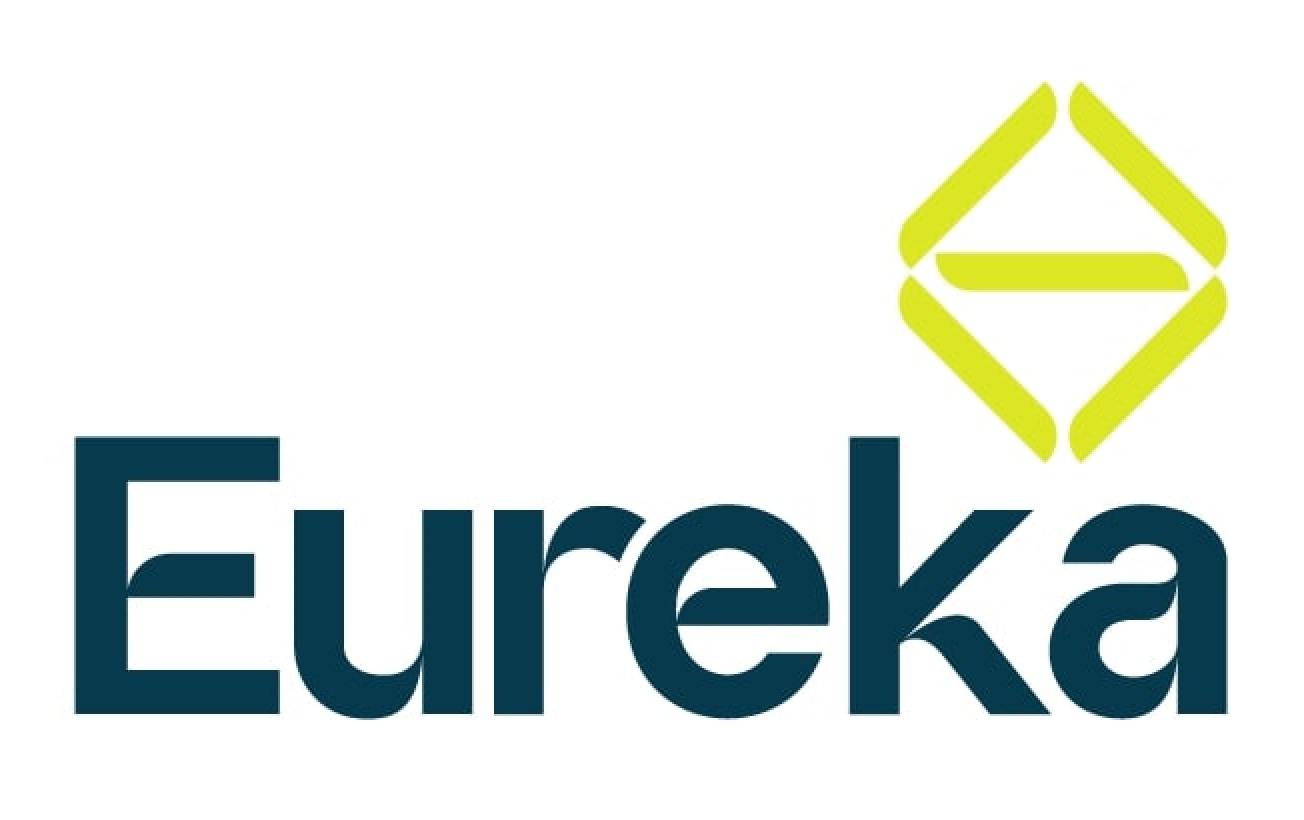No payrise, no promotion - should I change jobs?
Have you been in your current job for a while and feel like you deserve a pay rise or a promotion, but don’t know if you should start looking for a new job? It is a common question that many employees ask themselves, but the answer isn’t always straightforward. This blog post will explore whether you need to change jobs to get a pay rise or promotion and provide you with some tips on how to achieve it.
The first thing to consider is your current employment contract, as it will outline how and when your employer will review your salary or position. If you have been in the job for a while, your employer may schedule a performance review to discuss your work and any potential pay increase. It is important to be prepared for this meeting and have evidence of your accomplishments and contributions to the company. If your employer is unable or unwilling to give you a pay rise or promotion, it may be time to consider other options.
One option is to negotiate with your current employer. If you believe that you are underpaid or undervalued, it may be worth having a frank discussion with your supervisor. By presenting facts and figures, such as industry standards for your position, you may be able to convince your employer that you are worthy of a pay rise or promotion. It is important to approach these discussions in a calm and professional manner, and to be willing to compromise if necessary.
Another option is to seek out new opportunities within your company. Many companies have a promotion policy in place that gives employees the opportunity to move up the ladder. If you are interested in a new role, do your research and find out what qualifications and experience are required. You may need to invest in your professional development to prepare for this opportunity, but it can be a worthwhile investment in your career.
If you have exhausted all options with your current employer, it may be time to consider changing jobs. This can be a daunting prospect, but it can also be a great opportunity to advance your career and increase your salary. When searching for a new job, research the company to ensure that they offer competitive salaries and opportunities for career advancement. Be prepared to negotiate your salary during the hiring process, and be clear about your expectations and goals for your new role.
The decision to change jobs to get a pay rise or promotion depends on a variety of factors. Ultimately, it is up to you to balance your career goals with your current situation and make the decision that is best for you. With the right approach and mindset, you can achieve the pay rise or promotion that you deserve and advance your career to the next level.
Share our insights
Recent insights




